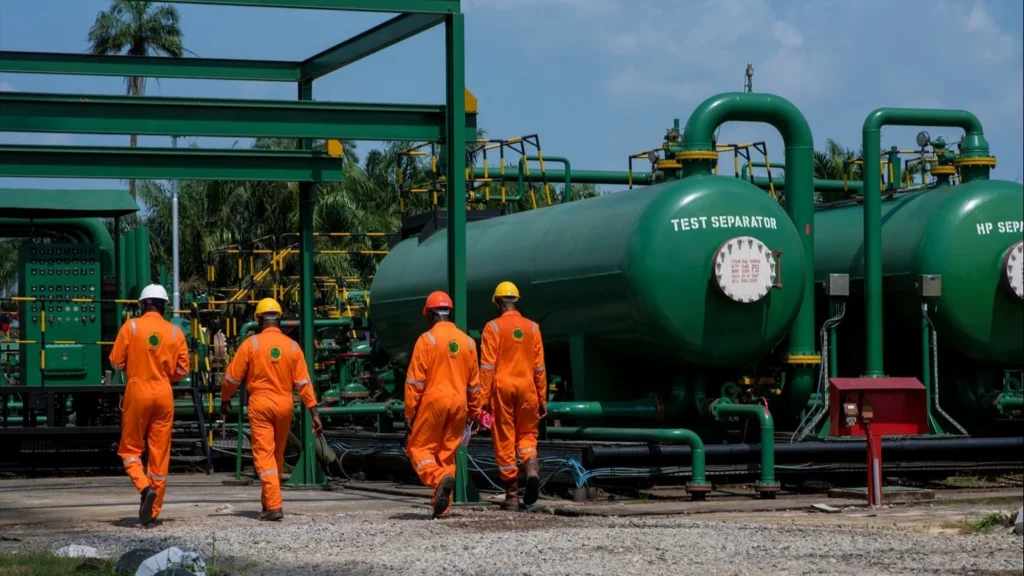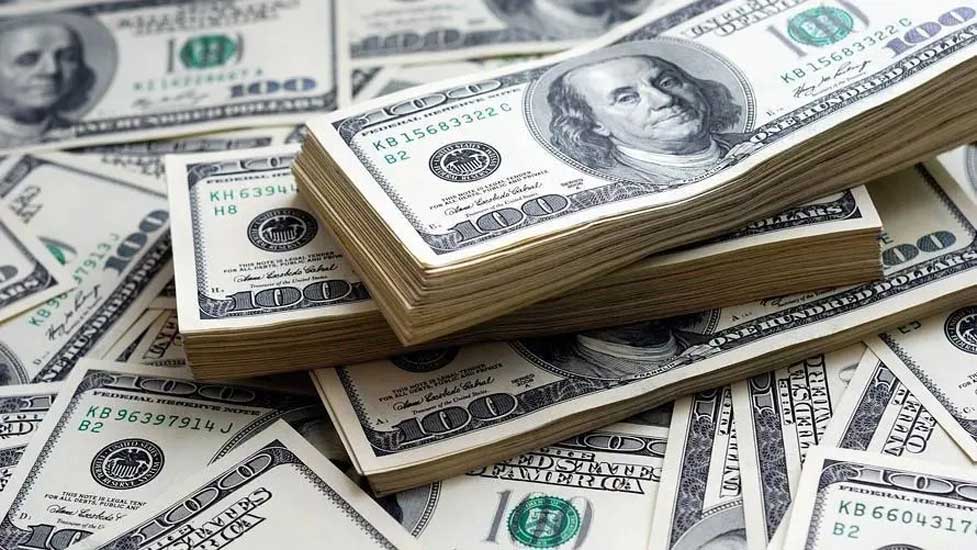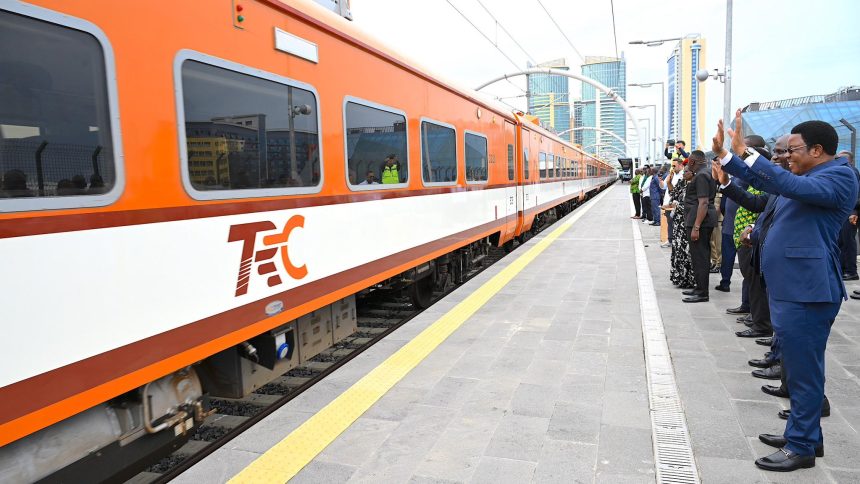
The price of fuel in Kenya reached an all-time high on Friday following the energy regulator’s adjustment of pump prices, exacerbating economic challenges for millions of individuals.
The declaration made by the Energy and Petroleum Regulatory Authority has elevated the retail price of a liter of petrol to an unprecedented level, surpassing 200 Kenyan shillings ($1.36).
Kenyans are already grappling with a severe cost of living crisis characterized by escalating prices for essential commodities, the imposition of numerous new taxes, and a depreciating currency.
Under the pricing structure implemented on Friday and set to last until October 14, the cost of a liter of petrol in Nairobi has surged by nearly 17 shillings to reach 211.64 shillings ($1.44), while diesel will be priced at 200.99 shillings and kerosene at 202.61.
Energy Minister Davis Chirchir attributed part of the blame to the reduction in oil production earlier this month by major producers such as Saudi Arabia and Russia, which has resulted in a significant surge in global crude prices to levels not seen in 10 months.
“There’s nothing much we can do… certainly the pain is heavy, it’s not going to be easy,” he told parliament’s energy committee.
The upward trajectory of pump prices can be attributed to the removal of subsidies, in compliance with the International Monetary Fund’s requirements, and the doubling of Value Added Tax (VAT) on fuel products. These changes were incorporated into a highly unpopular Finance Act, which was enacted in June.
The legislation encompasses a wide array of new and heightened taxes, which the government contends are essential for enhancing public finances and alleviating the national debt load.
A verdict on the legality of the Finance Act is expected in November, as a Nairobi court is set to rule on a legal challenge filed by several petitioners who argue that the act is unconstitutional.
According to a treasury strategy review spanning the years up to 2026/27, media reports suggest that the government is contemplating additional tax increases. These potential measures include raising Value Added Tax (VAT) and imposing duties that would affect farmers, car owners, and various other sectors.
Many Kenyans have accused President William Ruto of failing to fulfill a series of promises he made during his campaign for last year’s election, in which he vowed to enhance the well-being of the average citizen.
While inflation in Kenya dropped to 6.7 percent in August, over the past year, petrol prices have risen by 22 percent, electricity costs have surged by nearly 50 percent, and essential household items like sugar and beans have seen price hikes of 61 percent and 30 percent, respectively.




